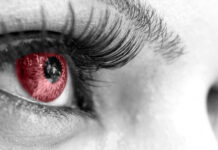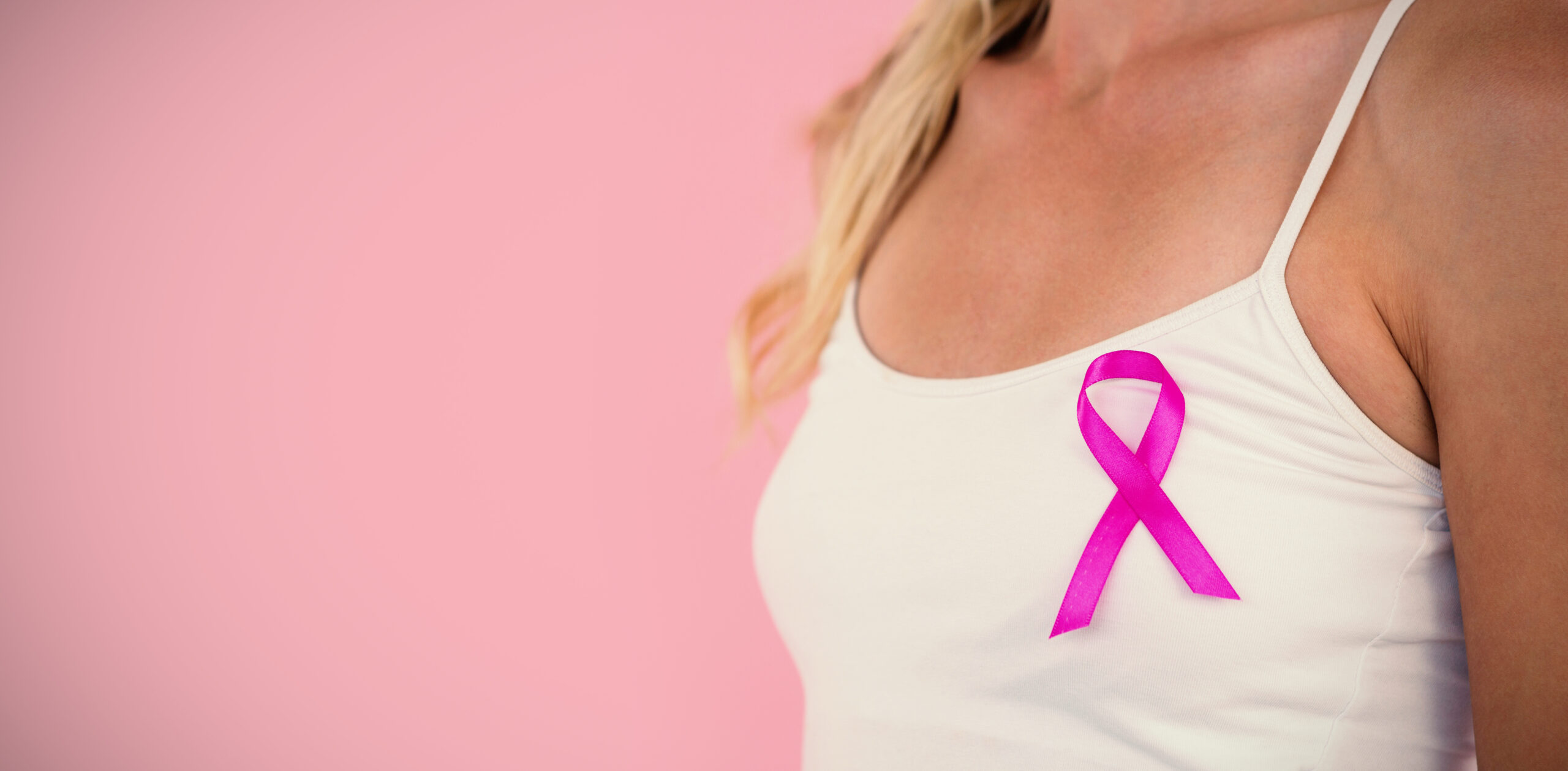BRCA1 and BRCA2 are human genes that produce proteins.
These proteins help repair damaged DNA and, therefore, play a role in ensuring the stability of the cell’s genetic material. When either of these genes is mutated, or altered, such that its protein product is not made or does not function correctly, DNA damage may not be repaired properly. As a result, cells are more likely to develop additional genetic alterations that can lead to cancer. Carriers of these altered genes have been shown to be at an increased risk of developing breast, ovarian and other cancers.
I’m 34, I’m having a double mastectomy and I don’t have cancer. Yet.
My Mum was diagnosed with triple-negative breast cancer in 2015 which led to her finding out she has the BrCa1 gene mutation. Our family hadn’t heard of this mutation before but we are all too familiar with it now.
Everyone has the BrCa1 gene, but its normal function is to protect us from certain cancers. When there’s a mutation in this gene, the protection is lost and cancer is more likely. The risk is highest for breast cancer, but there is also a higher than average risk for ovarian, prostate and pancreatic cancer. Abnormal BrCa genes may account for around 10% of all breast cancers.
My siblings and I have had genetic testing to see if we’d inherited it and whilst I was pregnant with our first child, I found out I had the mutation. I didn’t expect to react how I did, but once I’d read the first part of the letter, saying I was BrCa1 positive, I put the papers back in the envelope and put it in a draw. For months I ignored it. I had a baby to prepare for, I couldn’t use my energy on worrying about what was in that letter, but ignorance wasn’t bliss.
Priorities change when you become a parent and I had to face the music eventually. I wanted to be around to see our little boy grow up, so I got in touch with the genetic counsellor who arranged the first of my annual MRI scans and took me through my options for risk reducing surgery. We were also offered gene selection IVF to remove any chance of me passing on the BrCa1 mutation but you only get that once and we wanted more children.
The screening usually starts once you’re 30 years of age. I now have yearly breast MRIs which are painless and take around 30 minutes. I get a cannula inserted into my hand or arm so a contrast dye can be injected. The scan is done firstly without, then with the dye in my system. I lie on my front and have to stay as still as possible. It can get quite uncomfortable, but I know I’d rather endure that than the possible alternatives in the future. If I’m lucky, I get to listen to the radio through headphones which muffle the loud noises of the MRI scanner. Results are back in a matter of weeks and so far I’ve not had any signs of breast cancer.
I’ve also opted for risk-reducing surgery. I was in the process of arranging my surgery after having our first son, but when he was 1, I fell pregnant with the twins so the process has only just started again.
I will be having a double mastectomy and reconstruction. The surgery will reduce my risk of getting breast cancer by around 95% as most breast tissue will be removed. It is not possible to remove all breast tissue so there’s still a small chance I’ll get cancer in the future. Any breast tissue removed during surgery will be examined for signs of cancer too.
With the gene mutation, I’m also at higher risk of getting ovarian cancer, so have been offered surgery to remove my ovaries too, which I will have when we’re certain we’re done having children. There is an option to freeze eggs or embryos before having your ovaries removed.
My brother also has the BRCA1 gene mutation and as he’s turned 30 this year, he will start his annual screening which involves a prostate examination.
Thankfully, his risk of breast cancer is still very low, even with the gene, although his two daughters could have inherited the gene mutation so will be able to access genetic counselling when they turn 18 years old.
I’m very conscious that my risk is increasing so want to go ahead with the breast surgery soon. It’s such an aggressive surgery with a long recovery so I’m feeling anxious about it all. But I feel very privileged to have been able to find out I have the mutation and have the choice to do something about it.
Cancer is not usually inherited, but some types, such as breast, ovarian and prostate cancer are strongly influenced by genes, so can therefore run in families. If you’re worried about any familial cancers, speak with your GP who can refer you to local genetics services. The gene test is as simple as having a blood test although not everyone is eligible.
In 2013, Angelina Jolie made controversial headlines when sharing her own experience of the BrCA1 gene and her risk-reducing surgery that followed.
The awareness of the gene mutation, and the possible preventive options people have, has been dubbed the Angelina Jolie Effect. I hope sharing my own journey can encourage people to check their breasts and seek genetic counselling if they are concerned about familial cancers.
Follow my journey on
Instagram – @houseofstew












